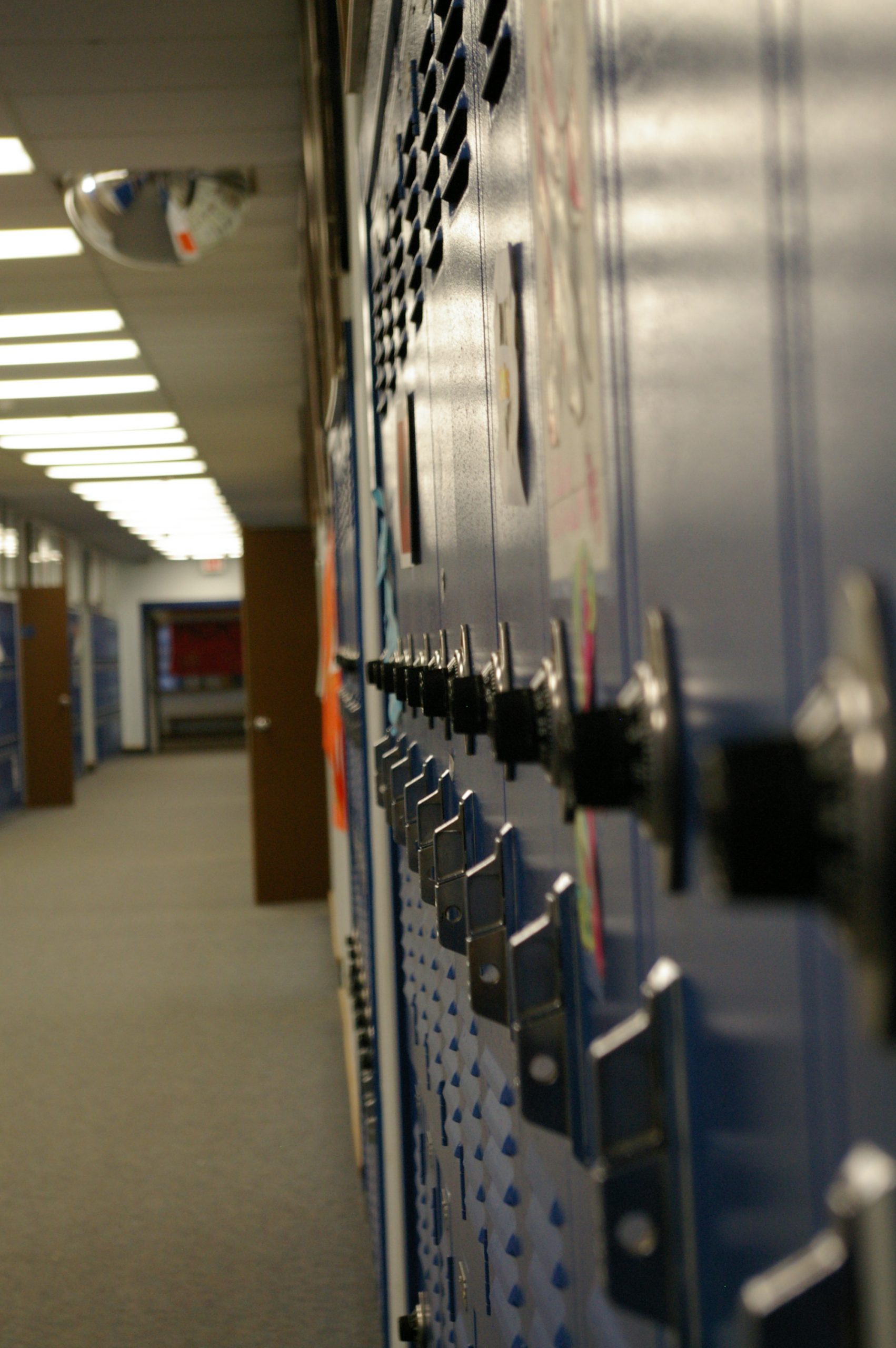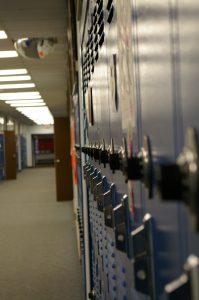Is Public Radio Being Unfair to Chicago Public Schools?

On Wednesday, one of Chicago Public Radio’s reporters published a piece that criticized Chicago Public Schools leaders for refusing to confirm if shooting victims attended Chicago Public Schools. Because my students and I have been studying subtext and the gun-control debate, I took advantage of this teachable moment. It was an opportunity to reflect on the public portrayal and perception of public schools. While my students and I focused on a brief, specific news piece, I hope this can help others consider the implications of including a student’s school name when reporting a student’s death.
Becky Vevea reports that “there may be up to eight current and former students killed already in 2013, but CPS officials will not confirm any of those victims, citing a decades-old federal privacy law to withhold the information. It’s a practice they say they’ve followed since Mayor Rahm Emanuel took office.”
The piece includes the views of a national expert who says CPS is not restricted from confirming this information and the parent of a shooting victim who says the school’s name should be shared. The piece ends with the reporter paraphrasing this parent who says that sharing the school’s name will lead to community efforts that support schools, communities, and families.
My students and I listened to this piece. Then I asked them what was missing. They mentioned that CPS’s perspective is not included. They also mentioned that students’ views were not mentioned. Some suggested that it would be a good idea to ask students what they thought about mentioning their school with the victim’s name.
Then I showed them the list of students included at the end of the piece, which was preceded with a disclaimer that “these are unconfirmed by CPS.”
Octavius Lamb, 20, graduated from Wells Community Academy
Devonta Grisson, 19, attended Gage Park High School
Rey Dorantes, 14, student at Clemente Community Academy
Tyrone Lawson, 17, student at Morgan Park High School
Antonio Fenner, 16, freshman at Manley Career Academy
Hadiya Pendleton, 15, sophomore at King College Prep
Frances Colon, 18, senior at Clemente Community Academy
Oscar Marquez, 17, junior at Marine Military Academy
We observed that two of the students in the list no longer attended CPS schools when they were shot.
We then discussed the advantages and disadvantages of including the school’s name. Finally, students had to decide which subtext was coming through stronger:
1. WBEZ really cares about the effect of shootings on communities.
2. WBEZ is suggesting that CPS is somehow responsible for or associated with these shootings.
35% (23 students) chose subtext 1. These are some of the explanations they gave:
- “We can get a better idea of where these ‘problem’ communities lie. We can also come together for a safer public school system.”
- “WBEZ implies that it really cares by using a clip from a distressed parent. The troubled woman sees her son’s death as an opportunity to change Chicago communities.”
- “The parents and students have to be informed of what is happening.”
- “We live in Chicago but we don’t always hear about everything that occurs in Chicago.”
- “CPS is not responsible for shootings but it’s wrong for withholding information.”
- “WBEZ wants people to feel as if nothing is being hidden from them.”
65% (43 students) chose subtext 2. These are some of their explanations:
- “CPS is just responsible for the students during school time. The schools can’t control everything the students do outside of school.”
- “When WBEZ mentions that CPS isn’t obligated to share this information then at the end they state that CPS hasn’t confirmed this, they are clearly trying to make CPS look bad. Also, not taking the communities’ or students’ views into account is suggesting that their opinions don’t matter.”
- “The murder was not done in the school so why ruin the reputation of the school if the students no longer attend? WBEZ should only report information that is logical to the shooting.”
- “In the recordings, WBEZ only showed their side and only interviewed those who support their opinion.”
- “CPS doesn’t have to let that info out because the students weren’t in the school when they were shot. They were in the community, so the community should still stand up and help.”
- “Attending a CPS doesn’t mean you are going to be a a victim of violence.”
- “The point of informative articles is to gather facts, not tie them together to influence an opinion from the reader.”
- “If WBEZ truly cared, they would have included more personal stories and more possible solutions to attempt and create change.”
- “It seemed that WBEZ is emphasizing the schools instead of focusing on improving the community. “
- “Although some would argue that WBEZ wouldn’t do this piece if they didn’t care, radio stations need listeners and for this they need a story that is relevant to their areas. I see this as getting more airtime from locals.”
- “WBEZ: if a killing was done at a higher ranked or private school would you go and do the same research over there?”
- “WBEZ should interview students to find out if the shootings are happening because of problems inside or outside of the school.”
While the lesson is action-based research and not scientifically based research, I am motivated by my students’ abilities to think critically about the information they hear.
I know that WBEZ education reporters did a lengthy piece on the violence affecting Harper High School, a struggling school on Chicago’s South side. If we have an opportunity, I’d like my students to hear this and predict the implications of this reporting. Will it educate and motivate residents to improve these troubled neighborhoods so young people can succeed or will it contribute to the disdain and skepticism of young people in these troubled neighborhoods?
This article was first published in The White Rhino.
[Photo by benkersey]

